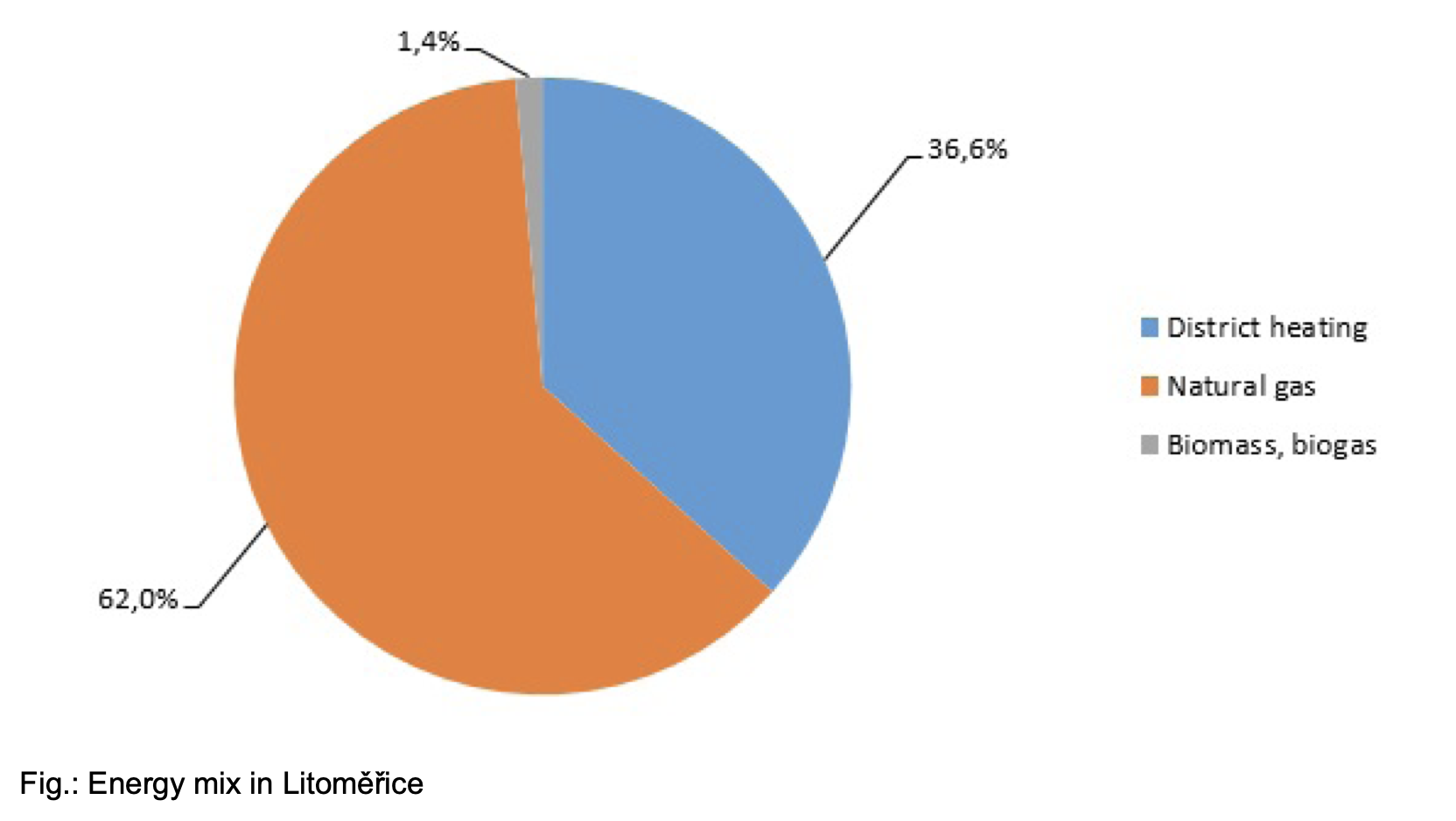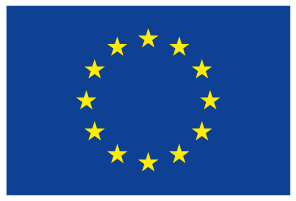Czech Republic
2017
- Type : Energy planning
- Size : Local community
- Area : Residential
Environmental benefit
Geothermal energy for ensuring sustainable and affordable heating & cooling
Share
Czech Republic
2017
- Type : Energy planning
- Size : Local community
- Area : Residential
Environmental benefit
Discover this use case online

Based on an in-depth territorial analysis, the preparatory works for an ambitious geothermal heat plant – with an output up to 40 MWth – started in 2008.
Results from scenarios and policy assessment
In 2050, the optimal mix scenario – characterized by the expansion of the district heating network and geothermal district heating plant (Exp Geo 2050) – could achieve the following results:
• Heat savings of 46 % compared to 2015 are achieved with support from the municipal budget
• A renewable energy share of 53-58 %
• The average cost of heating for the end consumers is comprised between EUR 98/MWh and EUR 121/MWh
• The total cost of the heating system for the end consumers is between EUR 14.1 million to 19.3 million/ year for different policies
• Saved CO2 emissions are around 62 kt/year compared to 2015.
The results show that amongst all the scenarios, the district heating system based on a geothermal expansion (GeoExp) is feasible in 2030 and 2050, also when no other policy is implemented.
The GeoExp scenario is the least expensive, shows the best results in terms of CO2 emissions and has the highest RES penetration rate. Proceeding with the geothermal energy scenario appears to be the most feasible both from an economic and an environmental point of view. Carrying on with the current DH system based on coal and natural gas or expanding it using fossil fuels is not beneficial and in some cases even more expensive than the individual gas boilers scenario.
Recommendations and possible solutions
In order to increase the penetration of RES, it is recommended that the city of Litomerice take the following actions:
• Based on a feasibility study and a roadmap, buy the CHP plant and network back to have it under municipal property
Current policies and targets
• Include the geothermal plant as the main part of its future strategy for CO reduction into the Sustainable Energy and Climate Action Plan – to be finalised in 2018
• Prepare new – and finalise ongoing – offers for national and EU programs to cover the invest- ment costs for the drilling of the geothermal plant
• Establish some innovative local financial instruments for RES and EE – a new financial scheme combining sources from the municipal budget, local banks and firms supporting deep renovation of buildings, accompanied by technical advice
• Integrate local RES into sustainable transport
 R-ACES has received funding from the European Union’s Horizon 2020 research and innovation programme under grant agreement N° 892429
R-ACES has received funding from the European Union’s Horizon 2020 research and innovation programme under grant agreement N° 892429
Based on an in-depth territorial analysis, the preparatory works for an ambitious geothermal heat plant – with an output up to 40 MWth – started in 2008.
Results from scenarios and policy assessment
In 2050, the optimal mix scenario – characterized by the expansion of the district heating network and geothermal district heating plant (Exp Geo 2050) – could achieve the following results:
• Heat savings of 46 % compared to 2015 are achieved with support from the municipal budget
• A renewable energy share of 53-58 %
• The average cost of heating for the end consumers is comprised between EUR 98/MWh and EUR 121/MWh
• The total cost of the heating system for the end consumers is between EUR 14.1 million to 19.3 million/ year for different policies
• Saved CO2 emissions are around 62 kt/year compared to 2015.
The results show that amongst all the scenarios, the district heating system based on a geothermal expansion (GeoExp) is feasible in 2030 and 2050, also when no other policy is implemented.
The GeoExp scenario is the least expensive, shows the best results in terms of CO2 emissions and has the highest RES penetration rate. Proceeding with the geothermal energy scenario appears to be the most feasible both from an economic and an environmental point of view. Carrying on with the current DH system based on coal and natural gas or expanding it using fossil fuels is not beneficial and in some cases even more expensive than the individual gas boilers scenario.
Recommendations and possible solutions
In order to increase the penetration of RES, it is recommended that the city of Litomerice take the following actions:
• Based on a feasibility study and a roadmap, buy the CHP plant and network back to have it under municipal property
Current policies and targets
• Include the geothermal plant as the main part of its future strategy for CO reduction into the Sustainable Energy and Climate Action Plan – to be finalised in 2018
• Prepare new – and finalise ongoing – offers for national and EU programs to cover the invest- ment costs for the drilling of the geothermal plant
• Establish some innovative local financial instruments for RES and EE – a new financial scheme combining sources from the municipal budget, local banks and firms supporting deep renovation of buildings, accompanied by technical advice
• Integrate local RES into sustainable transport
